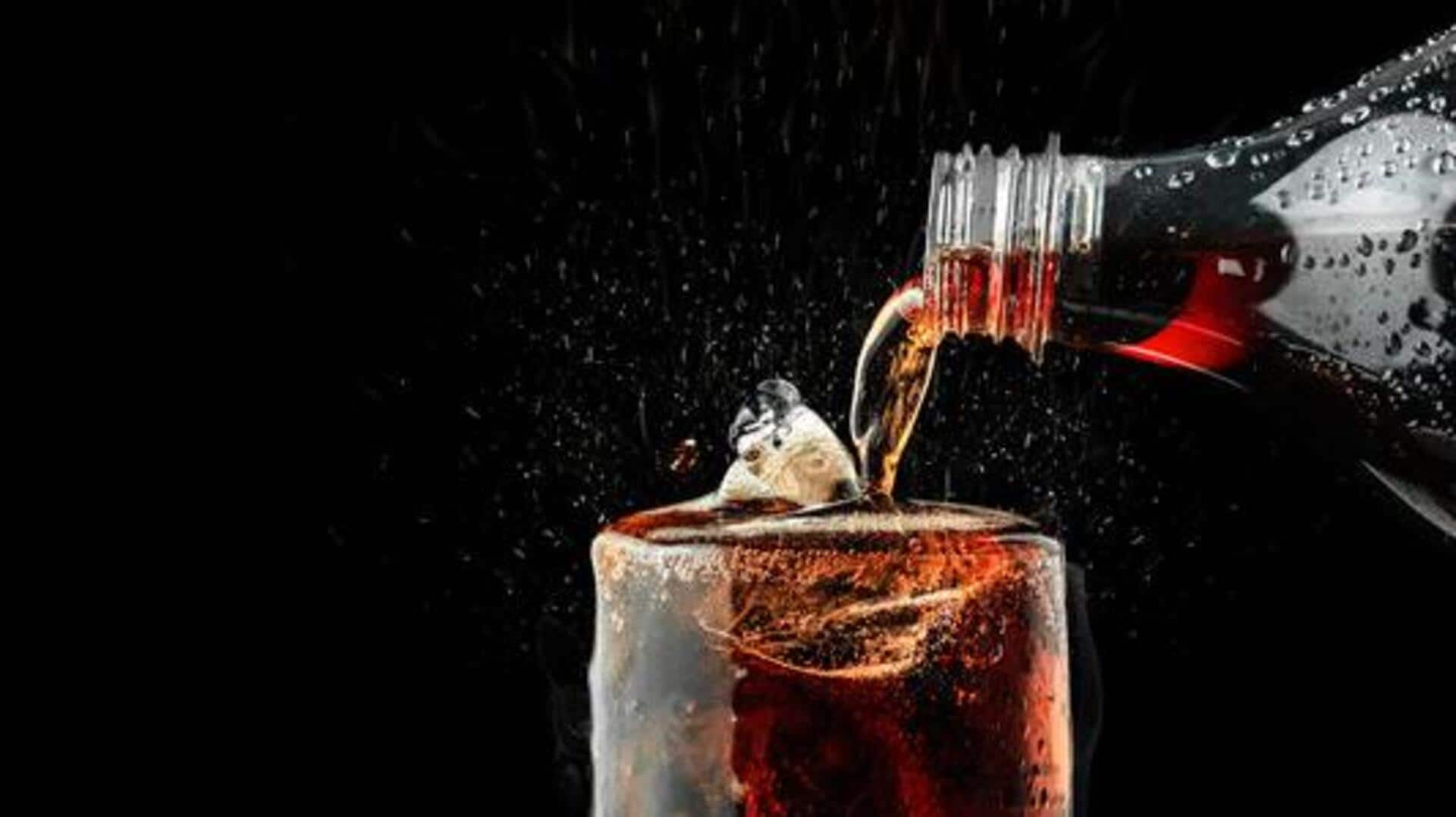
Truth about zero-calorie drinks: Myth v/s facts
What's the story
Zero-calorie drinks have become increasingly popular as a seemingly guilt-free substitute for sugary drinks. Promoted as a healthier option, these drinks offer the sweetness of sugar without any calories. But, do they come with long-term health consequences? While they may curb calorie intake temporarily, their impact on metabolism, appetite control, and health in general raises many questions. Here are some insights into the long-term effects of zero-calorie drinks.
Metabolism
Impact on metabolism
Zero-calorie drinks usually have artificial sweeteners that can interfere with metabolism. Some studies indicate that these sweeteners may change gut bacteria and disrupt metabolism processes. This disruption could eventually lead to insulin resistance. While more research is required to really understand these effects, it's important for consumers to know how artificial sweeteners may affect their body's natural metabolic processes.
Appetite
Influence on appetite regulation
However, artificial sweeteners in zero-calorie drinks can confuse the brain's hunger and satiety signals. The sweetness without the calories might trick your body into expecting energy intake that never arrives, leading to increased cravings for high-calorie foods later on. This disruption in appetite regulation could contribute to weight gain over time if not managed carefully.
Dental health
Potential dental concerns
Zero-calorie drinks, although sugar-free, are usually acidic due to added flavorings and preservatives. These acids can erode your teeth' enamel over time, particularly if consumed regularly. To avoid this, it's best to follow good dental hygiene, like rinsing with water after having them and sticking to a regular brushing and flossing routine.
Psychology
Psychological effects of consumption
Seeing zero-calorie drinks as a "free pass" can result in overeating and poor food choices, thinking you're saving calories. This may unknowingly promote unhealthy eating patterns and an unbalanced diet. The pretense of saving calories with these drinks can motivate you to overindulge elsewhere, possibly resulting in weight gain and nutritional deficiencies over time.
Environment
Environmental considerations
The production and disposal of plastic bottles for zero-calorie beverages also add to pollution. If not recycled, the plastic waste choking landfills and oceans is a major problem. This persistent issue needs to be solved globally to reduce the environmental damage caused by these beverage containers.